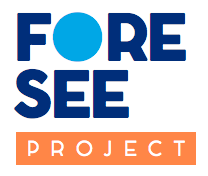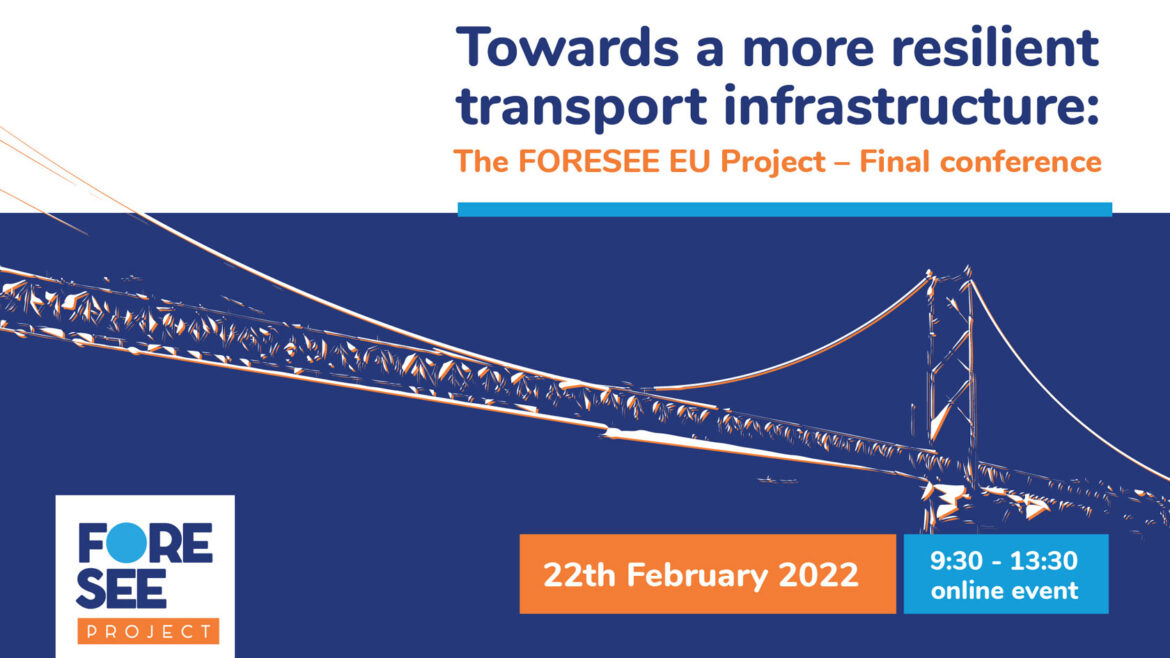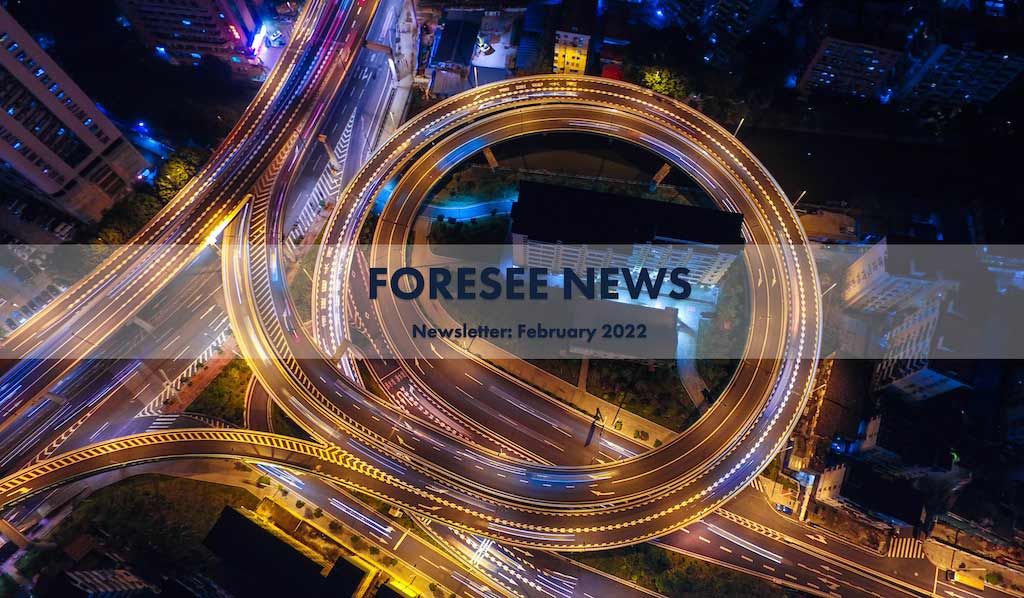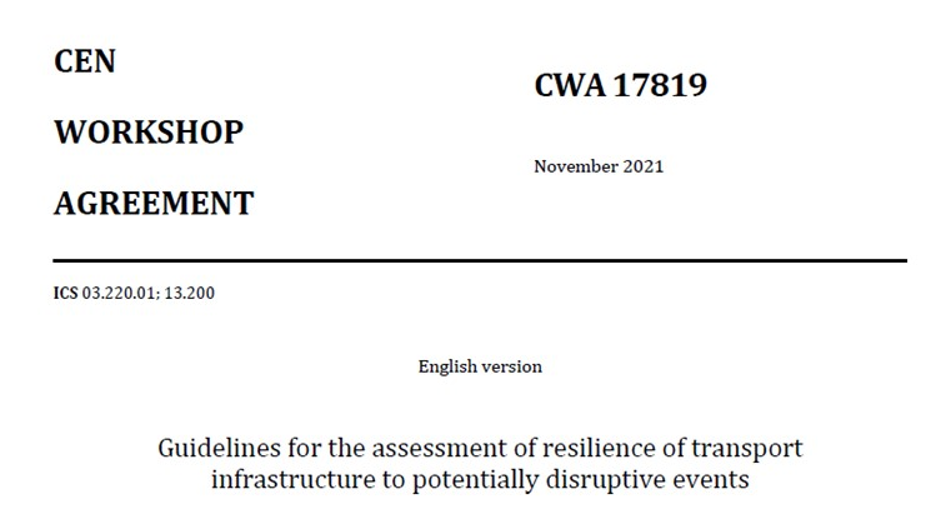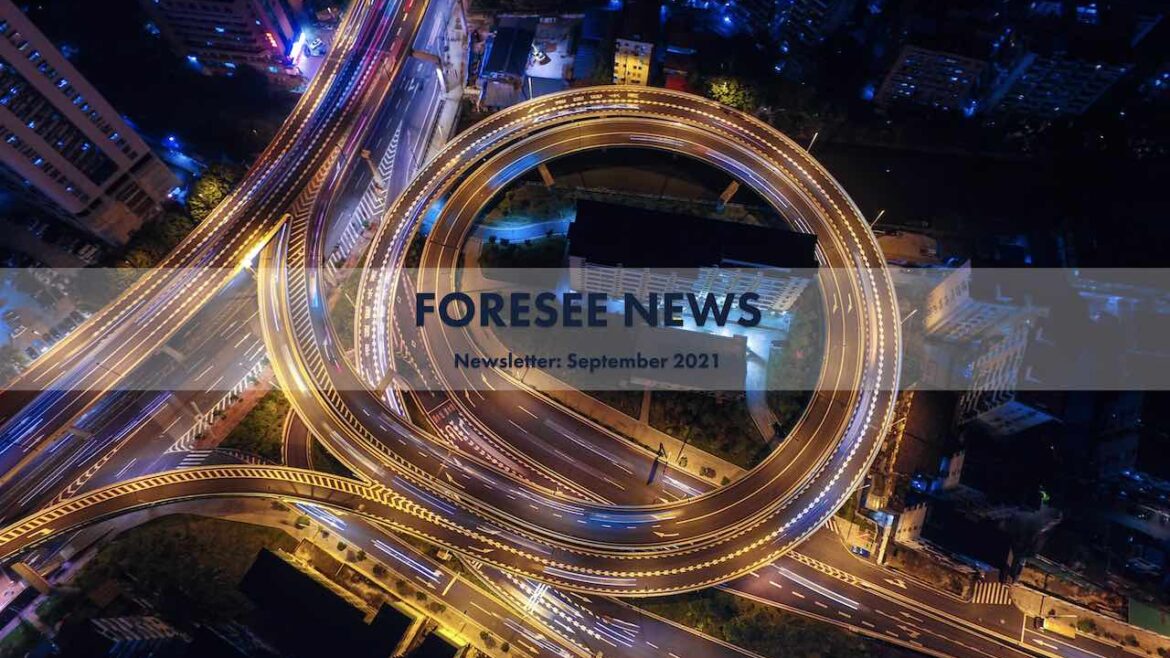Towards a more resilient
transport infrastructure:
The FORESEE EU Project – Final conference
22th February 2022
Extreme nature and human-made events are primary hazards for critical transport infrastructure assets. Weather disasters caused by climate change or cyberattacks linked to a more digital economy are considered the main challenges for transport operators, authorities, and end-users.
The EU Project FORESEE, composed of 18 partners, and supported by a Stakeholders Reference Group with more than 200 experts bringing knowledge from private and public sectors, has been funded by H2020 to achieve one objective: improve infrastructure resilience against extreme disasters.
The final conference will unveil the FORESEE results, delivered by experts from the private sector, research, standardization, transport operators, digital services providers and academia. The event will be held online on Tuesday, 22 February 2022.
To set the scene, an initial panel with representatives from UNECE, European Commission (DG MOVE and DG CLIMA), World Road Association and the European Union Agency for Railways will present the policy and regulatory framework in climate change and cybersecurity.
Registration and Agenda are available at the links hereunder:
Speakers
Policy and Regulatory framework: transport resilience to extreme nature and human-made events
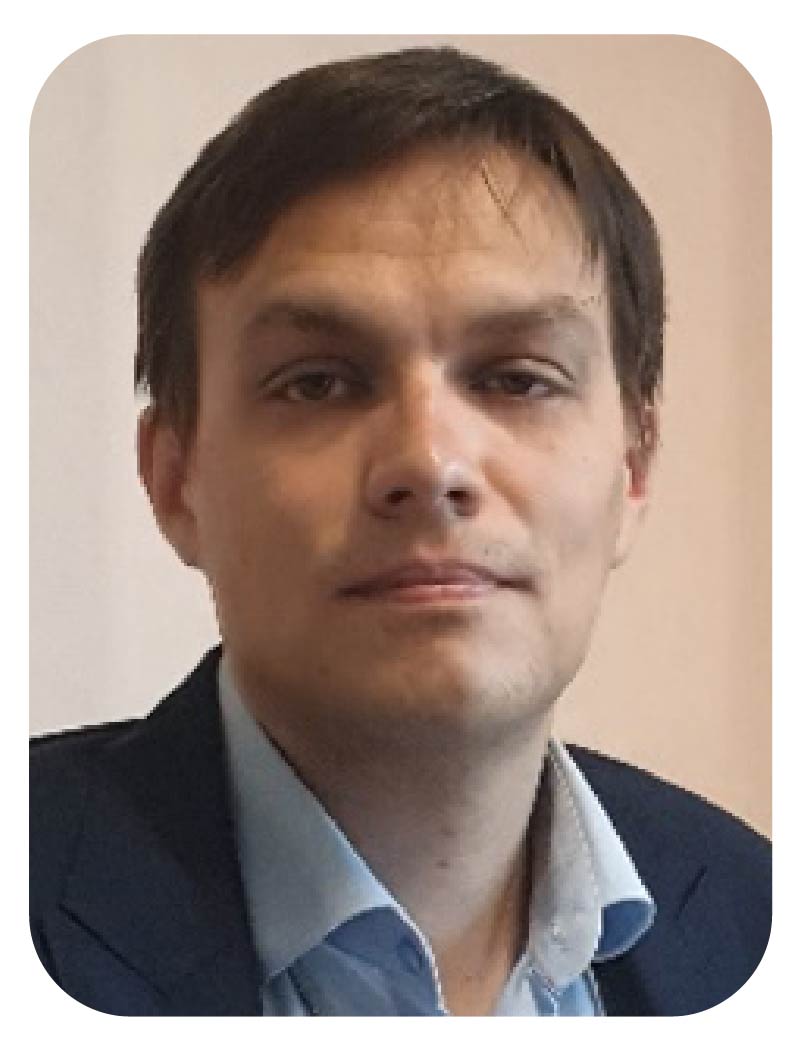
Lukasz Wyrowski
Lukasz Wyrowski
Economic Affairs Officer, United Nations Economic Commission for Europe (UNECE)
Serving as Secretary to:
- Working Party on Intermodal Transport and Logistics
- Group of Experts on Assessment of Climate Change Impacts and Adaptation for Inland Transport
- Group of Experts towards Unified Railway Law
Deputy Secretary to Inland Transport Committee (ITC)
Lukasz leads the activities at UNECE on intermodal transport and logistics, transport adaption to climate change, as well as on unifying railway law in transcontinental transport with the focus on contract for carriage of goods by rail. His role is to advise country delegates and experts, as well as other stakeholders and facilitate their work in developing international legal frameworks, policies and/or guidance in those transport fields. In his role as the Deputy Secretary to Inland Transport Committee, he coordinates activities focused on the implementation of the ITC Strategy until 2030.
Lukasz joined UNECE in 2005 and since supported or led activities at UNECE in various areas, among them such as: industrial safety, green economy, environmental monitoring or road safety.
Lukasz graduated with master’s degree in Management from the University of Economics in Poznan, Poland, in 2002. Before joining UNECE he had worked in the private sector in process management and investments.
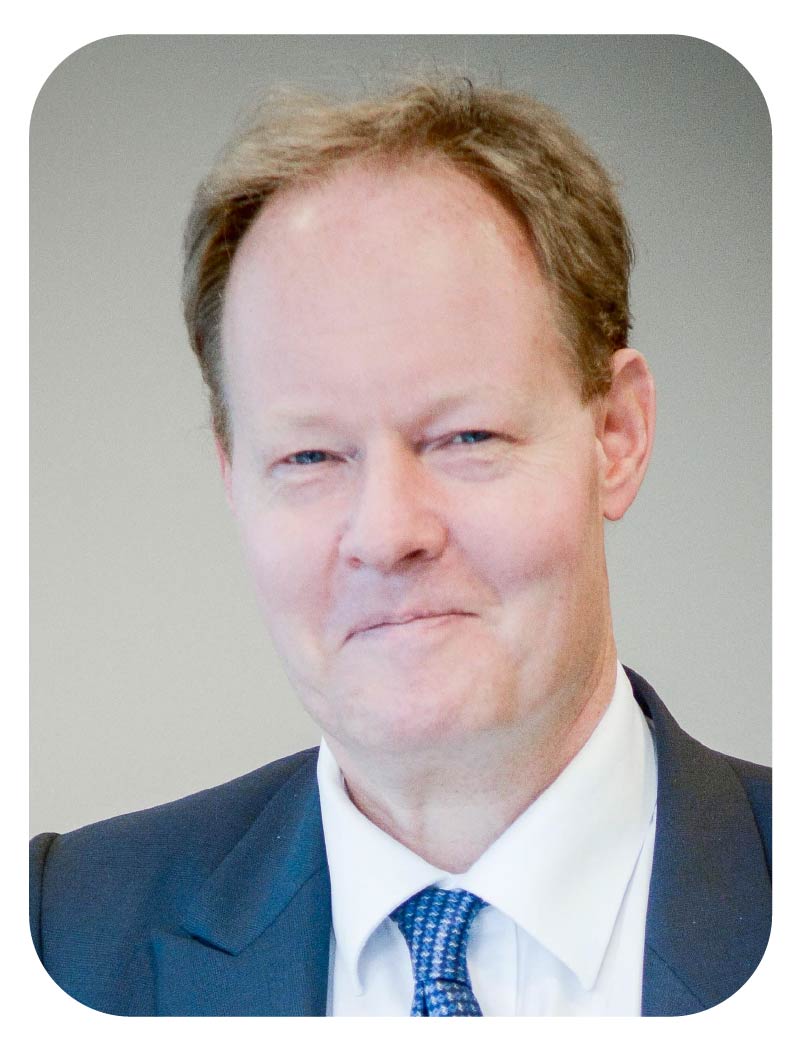
Johannes Klumpers
Johannes Klumpers
Head of Secretariat for Climate Adaption Mission at DG CLIMA (appointed in April 2021). He previously worked as Head of Unit in Research and Industrial Infrastructures at DG Research and Innovation (European Commission).
Johannes Klumpers has been occupying management posts in the European Commission for more than fifteen years under various roles and responsibilities. He notably established and led the “Group of Chief Scientific Advisors – SAM, EGE” Unit that provided science advice to all Commission departments.
A German National, born in Geneva in 1964, he studied forestry and wood technology and obtained a PhD from the French Ecole Nationale du Génie Rural, des Eaux et Forêts (ENGREF). After several years of industrial research in Sweden, he joined the European Commission’s Directorate-General for Research & Innovation in 1998 and has worked there since, on a variety of topics, from renewable raw materials and industrial processes to gender, science in society, finance and budget.

Rafal Stanecki
Rafał Stanecki
Policy officer at DG MOVE, Directorate General for Mobility and Transport at the European Commission.
Rafal is in charge of R&I activities in the area of transport infrastructure and mobility in rural areas. This involves proposing, negotiating and drafting R&I topics for European R&I framework programmes underpinning Commission’s policy initiatives and following the results of ongoing R&I projects.
Rafał joined the European Commission in 2010 and since then worked in the area of protection of euro coins against counterfeiting at OLAF, ITS systems on the external EU borders at DG HOME and since 2018 in R&I in transport and mobility area at DG MOVE. Before joining the Commission he had worked for over 10 years for automotive suppliers such as: Securit Saint Gobain, Hutchinson and Valeo, at both technical and commercial positions in Poland and in France.
Rafał graduated with master’s degree in Civil Engineering in 1994 at the Technical University in Gliwice Poland and with master’s degree in Marketing and Management at the Silesian International Business School, Katowice Poland in 1997.
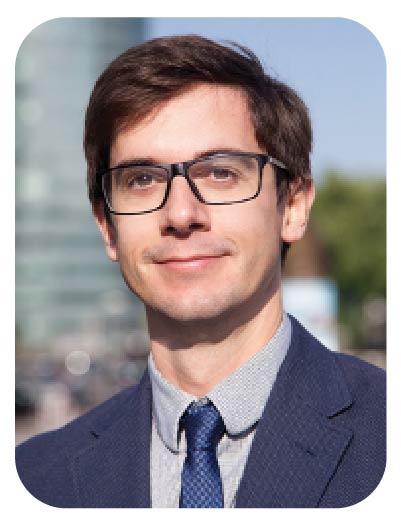
Miguel Caso Florez
Miguel Caso Florez
Technical Director
World Road Association PIARC
Miguel Caso Florez is a civil engineer and an architect graduated in Spain and France. He has initially worked for the private sector on transport and land planning projects and then he has worked at the General Secretariat of PIARC, World Road Association since 2005, serving first and Technical Advisor and currently as Technical Director.
Miguel supervises the technical outputs of the over 25 PIARC Technical Committees and Task Forces, which include around 1.200 experts from over 80 countries. Miguel manages with his colleagues the International Seminars, Conference and Workshop programs. He also coordinates the PIARC Special Project program, which intends to provide an answer in a short period of time to emerging issues identified by member countries. Miguel leads the Technical Advisors team in PIARC with valuable professionals from different part of the world.
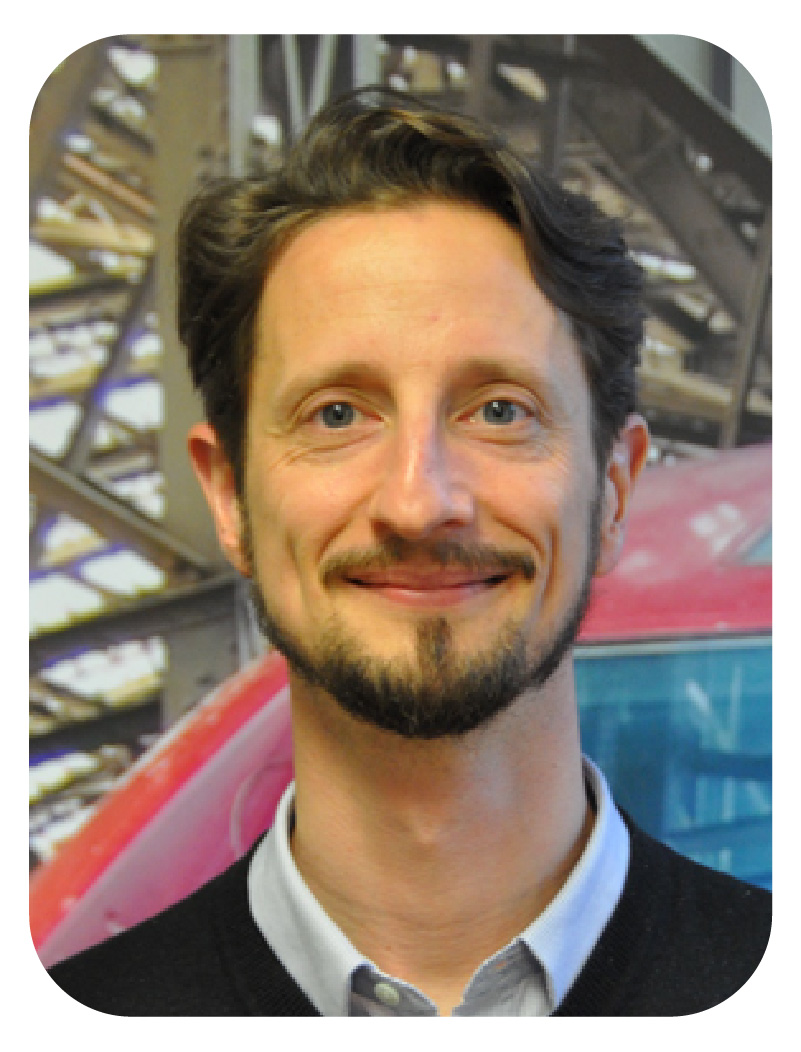
Thomas Chatelet
Thomas Chatelet
The European Union Agency for railways (ERA) is the system authority for the European Railway Traffic Management System.
Within the Railway Systems Unit of the Agency, Thomas Chatelet’s activities are related to telecommunication, spectrum and cybersecurity, especially for standardisation aspects (ETSI, ECC/CEPT, CEN/CENELEC). He is coordinating actions and initiatives relevant in the frame of the ERA Program “Evolution of Railway Radio”. Thomas is also Vice Chairman of the ETSI Technical Committee on Rail Telecommunication.
ERA is closely collaborating with ENISA on railway cybersecurity.
Moderator
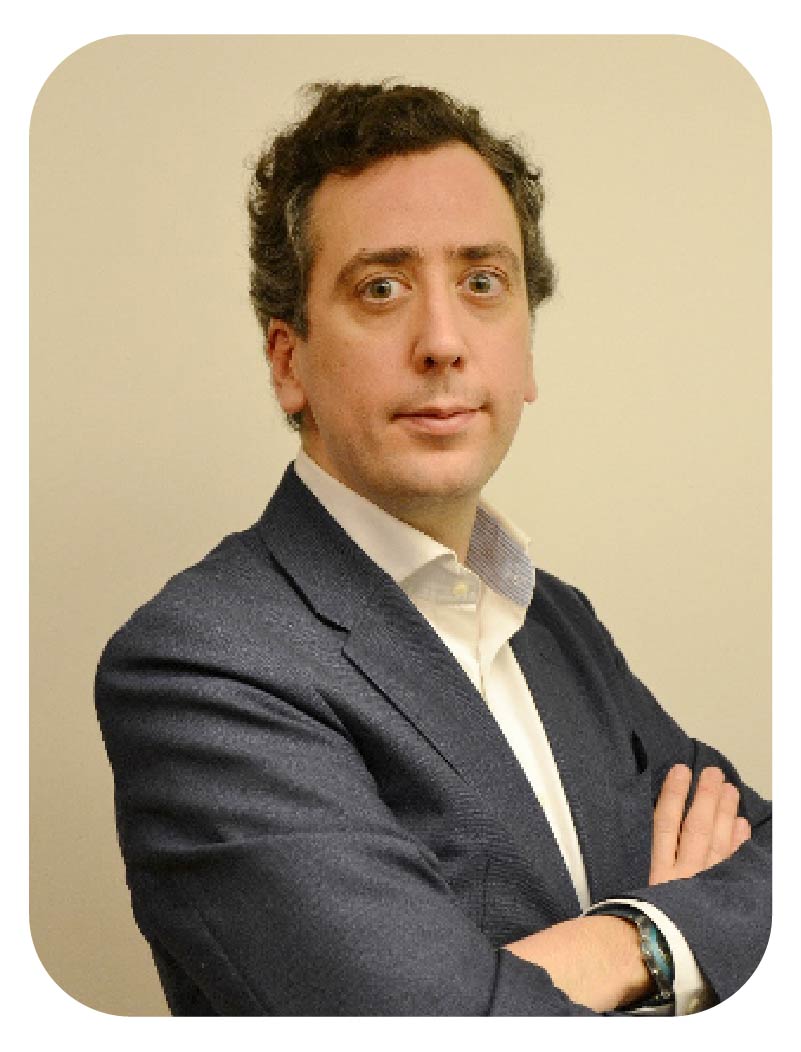
José Diez
José Diez
Head of Communication and Public Affairs, European Union Road Federation
Within an international team, José contributes to coordinate various working groups and European projects in priority areas for transport infrastructure such as innovation, resilience, sustainability, safety and asset management. Hand-in-hand with this task, he monitors the policy and regulatory framework ensuring good visibility and reputation to the sector while positioning the organisation as reliable partner for the EU institutions, public administrations and relevant European stakeholders.
José holds a Law Degree with specialisation in EU Affairs from the University of Madrid, having completed studies as well at the Universities of Utrecht (NL) and Leicester (UK). Prior to join the ERF, José had previous experience in the private sector and the European Parliament.
Promoting Research and Innovation: contribution of the FORESEE EU Project to the state-of-the-art
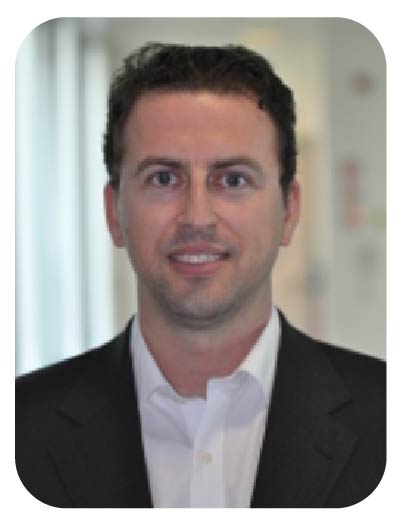
Sergio Escriba
Sergio Escriba
Sergio Escriba is Project Officer at CINEA (European Commission). He holds a M.S. degree in civil engineering from the University of Granada.
Sergio worked for 14 years in an engineering consultancy company where he performed several duties in geotechnics, quality control, design and construction of transport infrastructures. For example, he supervised the construction of the Underground Railway Station at Malaga Airport. In research and innovation, Sergio has coordinated EU and national funded research projects dealing with asset management, maintenance planning, structural health monitoring and innovative construction materials. Since 2016, Sergio manages H2020 and Horizon Europe research projects in the field of transport infrastructures, ITS, logistics and automation. He is the author of more than 10 technical papers and 1 patent.

Iñaki Beltrán
Iñaki Beltrán
Mr. Iñaki Beltrán graduated in civil engineering (2011) at the University of the Basque Country and MSc civil engineering (2015) at the University of Burgos. Currently studying a Project Management Master at the University of the Basque Country. Iñaki counts with more than 8 years of experience on different research and innovation projects in the civil engineering sector aimed to increase the resilience of different territories and sector’s digitalization.
Besides research projects, through his passage in the Basque Construction Cluster, Iñaki has experiences in the consultancy field, having worked together with sectorial organizations, large and SMEs companies, regional governmental agencies and departments at national and international level.
Iñaki works in TECNALIA as project manager and researcher in the Secure and resilient buildings and infrastructures department inside the energy, climate and urban transition unit. He has coordinated the H2020 FORESEE project since it was launched in September 2018 and other resilience related project at regional and national level.
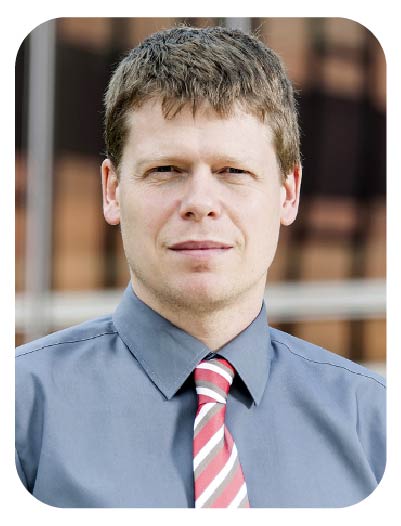
Prof. Dr. Bryan T. Adey
Prof. Dr. Bryan T. Adey
Prof. Dr. Bryan T. Adey is the Professor for Infrastructure Management, in the Institute for Construction and Infrastructure Management at the Swiss Federal Institute of Technology in Zürich (ETHZ), Switzerland.
Prof. Adey’s research is focused on improving the effectiveness and efficiency of infrastructure management. This includes the definition and standardization of the infrastructure management process, from setting goals to determining optimal monitoring and intervention programs, and evaluating the performance of infrastructure management organisations. It also includes the automation of parts of the infrastructure management process, e.g. the development of algorithms to generate network intervention plans that maximise net benefit. Other themes of his research are estimating the risk related to infrastructure, including estimating infrastructure behaviour when
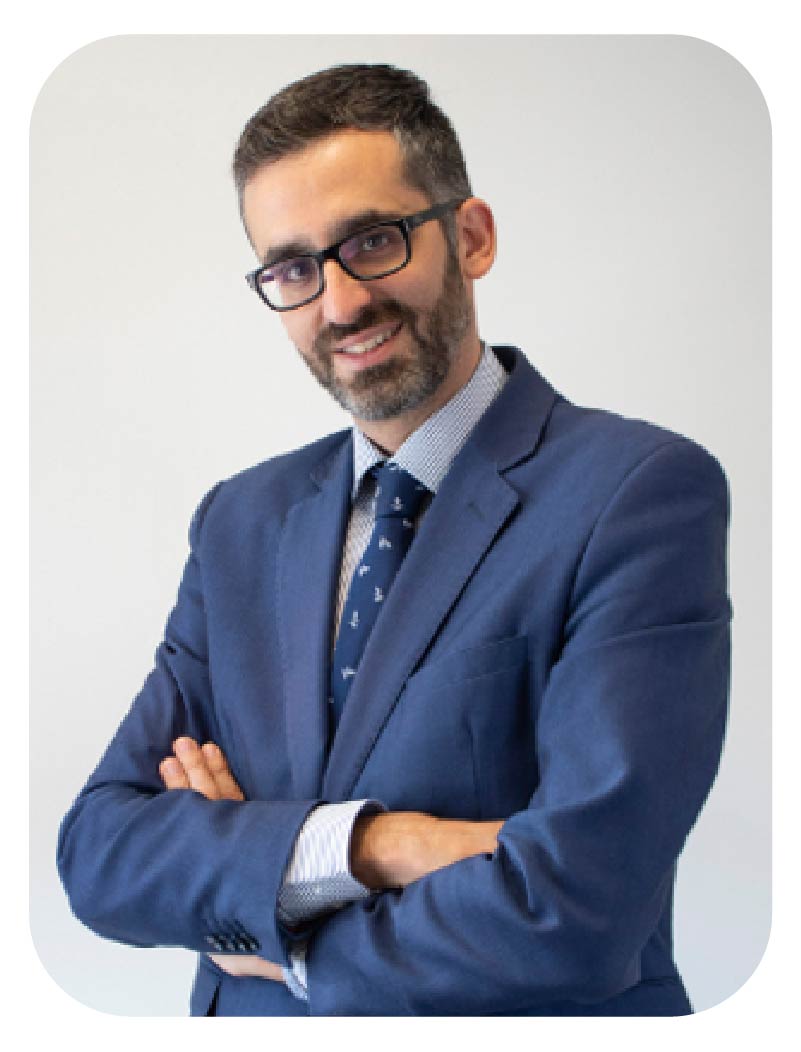
Aitor Aragón
Aitor Aragón
MSc Civil Engineer working in the Spanish Association for Standardization (UNE) as responsible for BIM, sustainability in construction, and several product committees. He has been the Secretariat of the CEN workshop for assessment of the resilience of transport infrastructures, which published CWA 17819. He is also the Secretariat of the ISO and CEN working groups the sustainability of civil engineering works.
Previously worked at AENOR in product certification, mainly as responsible for Environmental Products Declarations (EPD) verification. Also participated in the European Association ECO-Plaform as member of the board and vice-president.
He also worked in software development for civil engineering, mainly for roads, in Vianova Systems.
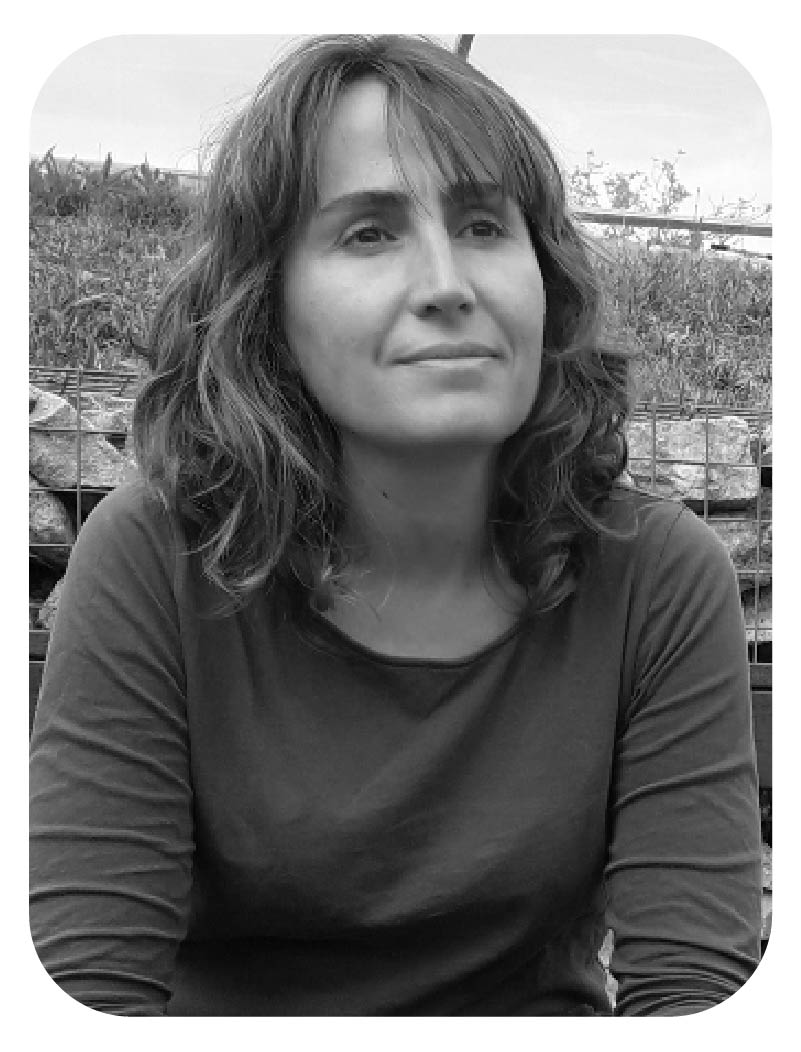
Erlinda Biescas
Erlinda Biescas
Erlinda Biescas works in Telespazio UK as Earth Observation Senior Consultant focused in product development adding value to InSAR results.
She is a mathematician with an MPhil/DEA in Aerospace Science and Technology at Universitat Politècnica de Catalunya. She has nineteen years of professional experience in the satellite radar geo-information sector. Her career started working in a Research Institute focused on algorithms related to SAR satellite Interferometry (InSAR) processing data and followed by working in a company leader in InSAR products. Along all this time, Erlinda covered technical, technical lead and management roles. She has the ability to add value to the different parts of a technical project, from algorithm development to management or contact with customers. Erlinda has more than fifteen years of experience in customer focus InSAR deliveries in sectors as Oil & Gas, Civil Engineering, Geo Hazards and Mining.
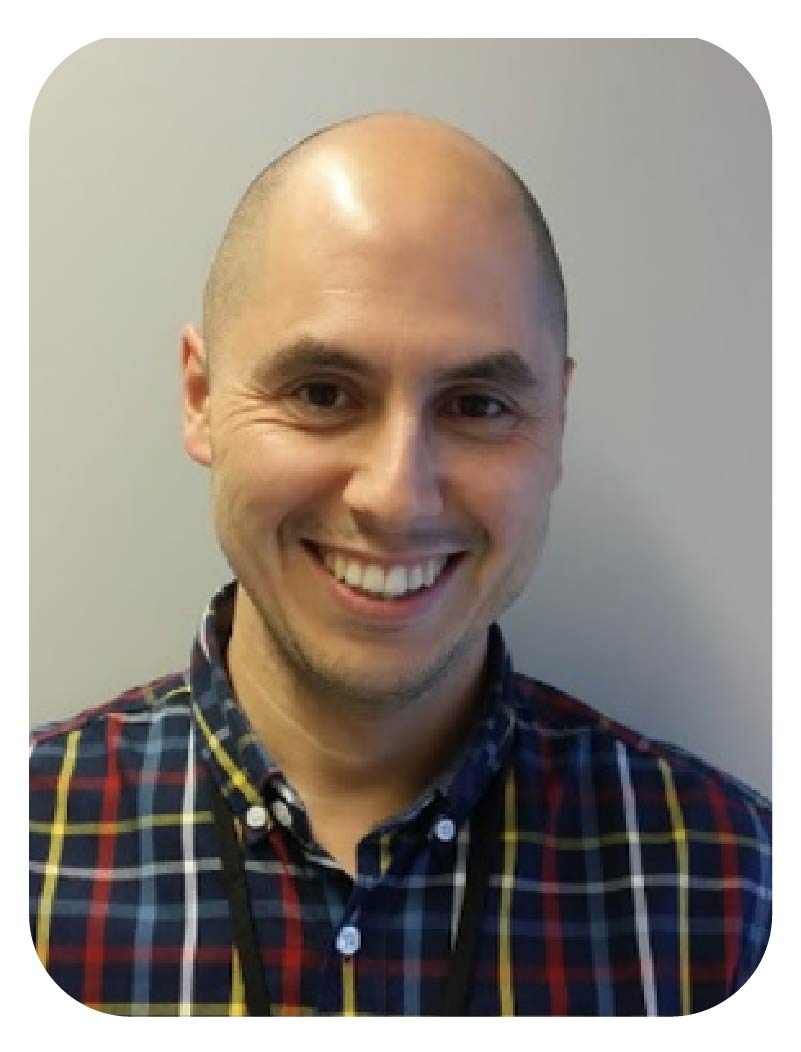
David Garcia
David Garcia
More than 10 years’ experience on bridges and structures design, structural health monitoring and bridge inspection, civil engineering and offshore projects in Louis Berger International Design Center (a WSP Company). Since 2016 Senior Researcher in the Infrastructures Area of Tecnalia participating in several national and international research projects: H2020 RAGTIME, FASSTbridge project (ERA-NET Plus Infravation) and H2020 FORESEE. Co-Director of more than 6 Master Thesis at University of Cantabria. Currently, co-Director 1 PhD Thesis in collaboration with UPV/EHU.
Member of ACHE (the Spanish Scientific-Technical Association of Structural Concrete) and AEND (Non-Destructive Testing Spanish Association). Also, founder member of the Spanish IABMAS Group (International Association for Bridges, Management and Safety) and Journal Reviewer. Since 2022 Head of Structural Engineering & Fluid-Structure Interaction in Energy, Climate and Urban Transition Unit.
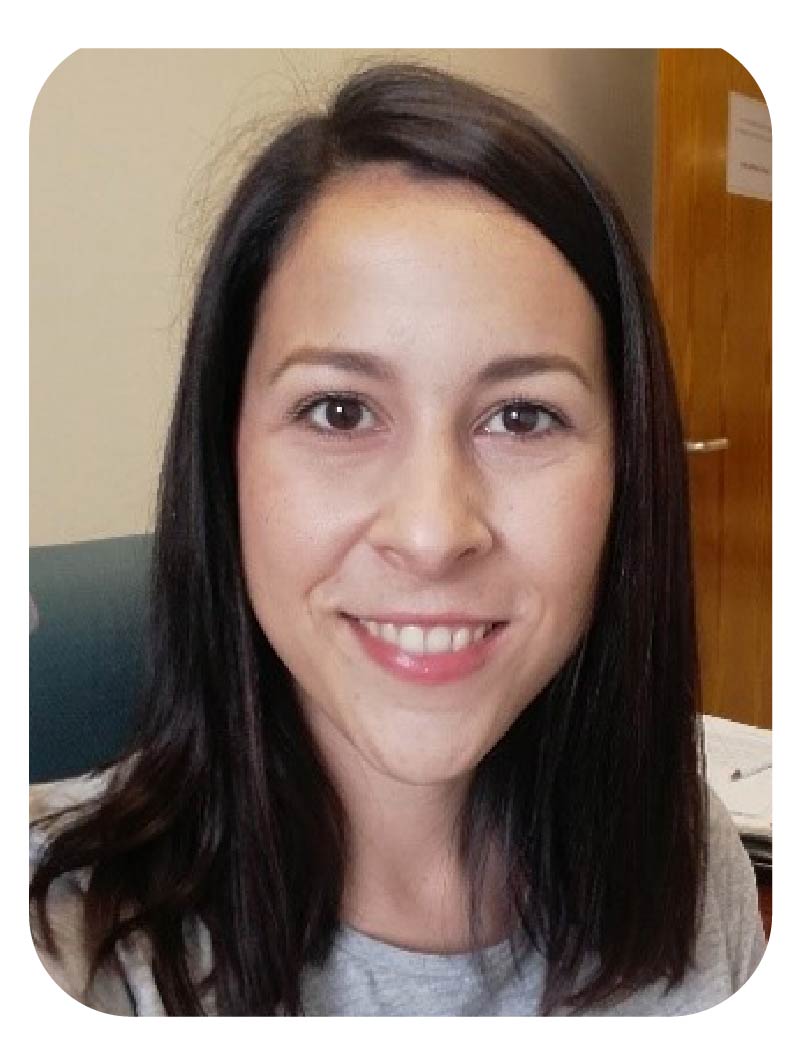
Laura Castañón
Laura Castañón
Laura Castañón Jano holds a degree in Industrial Engineering at the University of Oviedo and a PhD. in Civil Engineering at the University of Cantabria.
Her main research topic is related to slope protection systems, being the development of a dynamic barrier against rockfalls the topic of her PhD Thesis. She is also involved in the behavior analysis of concrete using extreme value distribution functions, and the additive manufacturing strategies of polymers. She has published 8 scientific papers, is coauthor of an international patent and collaborated in 10 research projects. She has also attended 4 national and international conferences and made an international 3-month stay at the Imperial College London.
Currently she has a post of Assistant Lecturer on the Area of Manufacturing Engineering in the University of Cantabria.

Pedro Lastra
Pedro Lastra
PhD in Civil Engineering achieved in 2017, has developed his career as researcher in the Applied Research Group GITECO from the University of Cantabria.
His field is the work in pavements, has taken part in more than ten international projects. His research has based on the reuse of waste in order to improve the properties of bituminous mixtures, study the healing of bituminous mixtures by induction, the analysis of new materials in the design of mixtures and the improvement of functional properties of roads. He has published more than 30 papers in indexed journals, 19 of which belong to the first decile. In 2018 he was awarded a postdoctoral contract Augusto González de Linares from the Cantabria Government with the aim of analysing the use of plastic waste in roads, and in 2019 was awarded the Special Award for Excellence of Doctorate.
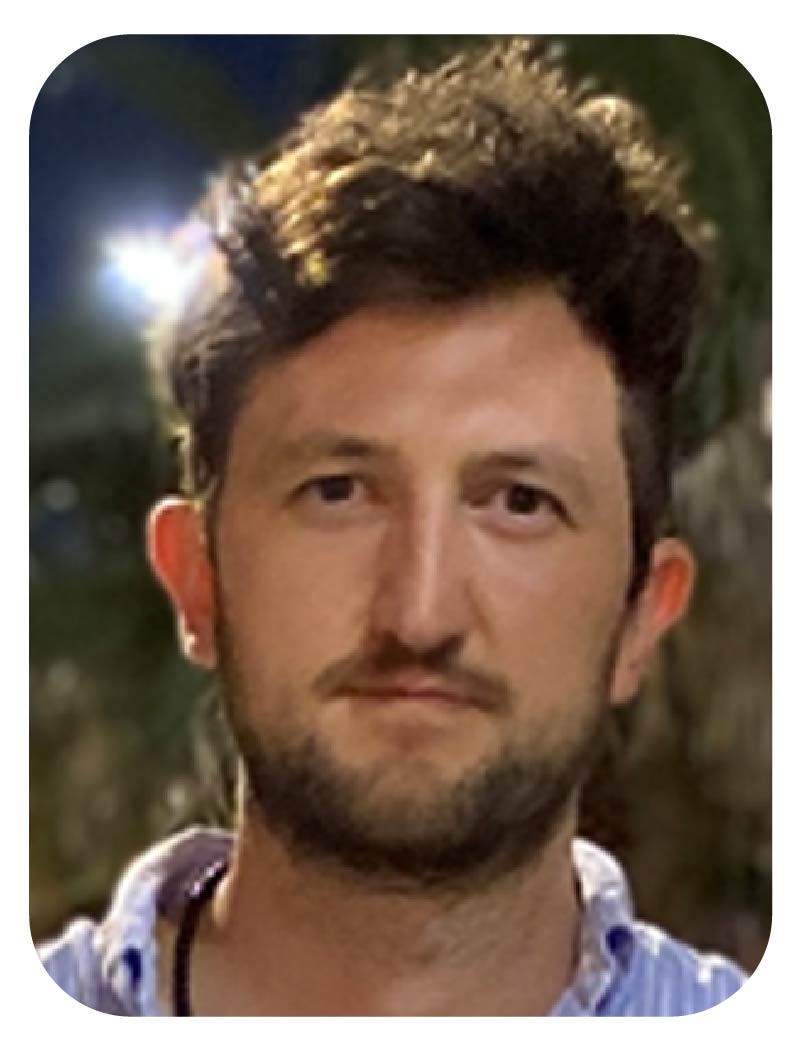
Saimir Osmani
Saimir Osmani
Saimir Osmani (Civil Engineer) is a structural engineer with a Master degree in Structural Engineering from the University of Genoa. Since 2018, when he joined the Design Division of Rina Consulting his experience has been focused on the structural design, management and assessment of buildings and infrastructures. His activity has been mainly focused on Infrastructure assessment, retrofit and numerical modeling methods applied to bridge and building structures, improved and made more effective using Programming Languages. Besides these activities, he participates to some European Research projects dealing with Risk and Resilience Assessment of Critical Infrastructures (e.g. in Transport, Energy and Healthcare sectors).

Concepción Toribio
Concepción Toribio
MSc Eng. Concepción Toribio is a researcher at the R&D department in CEMOSA.
She holds a MSc in Civil Engineering from the University of Granada (Spain) and MSc in Engineering Management from the University of South Wales (UK). She worked as Project Engineer for six years on civil engineering projects related to drainage and sewage systems, water treatment systems, water networks, port infrastructures and airports among others. Since March 2020, she works in the R&D department of CEMOSA where she focuses on the area of Transport Infrastructure. During these years she has worked in European and Spanish research projects focused on the areas of resilience assessment, vulnerability, criticality and risk analysis of transport infrastructures. She is member of the working group CEN/CLC/WS018 for the assessment of the resilience of transport infrastructure.
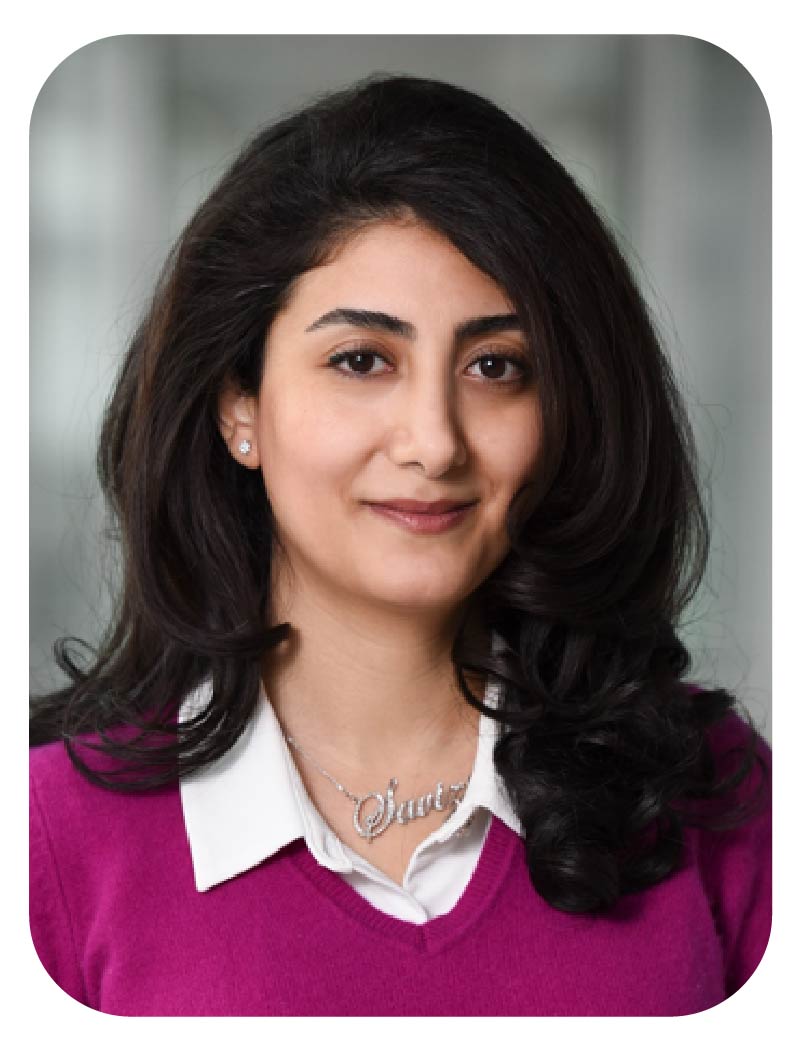
Saviz Moghtadernejad
Saviz Moghtadernejad
Saviz Moghtadernejad is a postdoctoral fellow in the Institute for Construction and Infrastructure Management, at the Swiss Federal Institute of Technology in Zürich, Switzerland.
Saviz received her M.Sc and Ph.D. in Civil Engineering from McGill University in Canada, where she developed an integrated and systematic framework to maximize the resilience and sustainability of buildings. Her current research is mainly focused on the provision of digital multi-stakeholder decision-making platforms for enhanced infrastructure management. She works on the determination of optimal restoration programs, to improve asset management schemes for authorities and infrastructure managers and allow for more resilient multi-modal transport infrastructures. Moreover, she studies the application of data-driven methods to estimate deterioration curves of transportation infrastructure and to provide solutions for tackling measurement errors and discrepancies in real-world time history inspection data using statistical and machine learning algorithms.
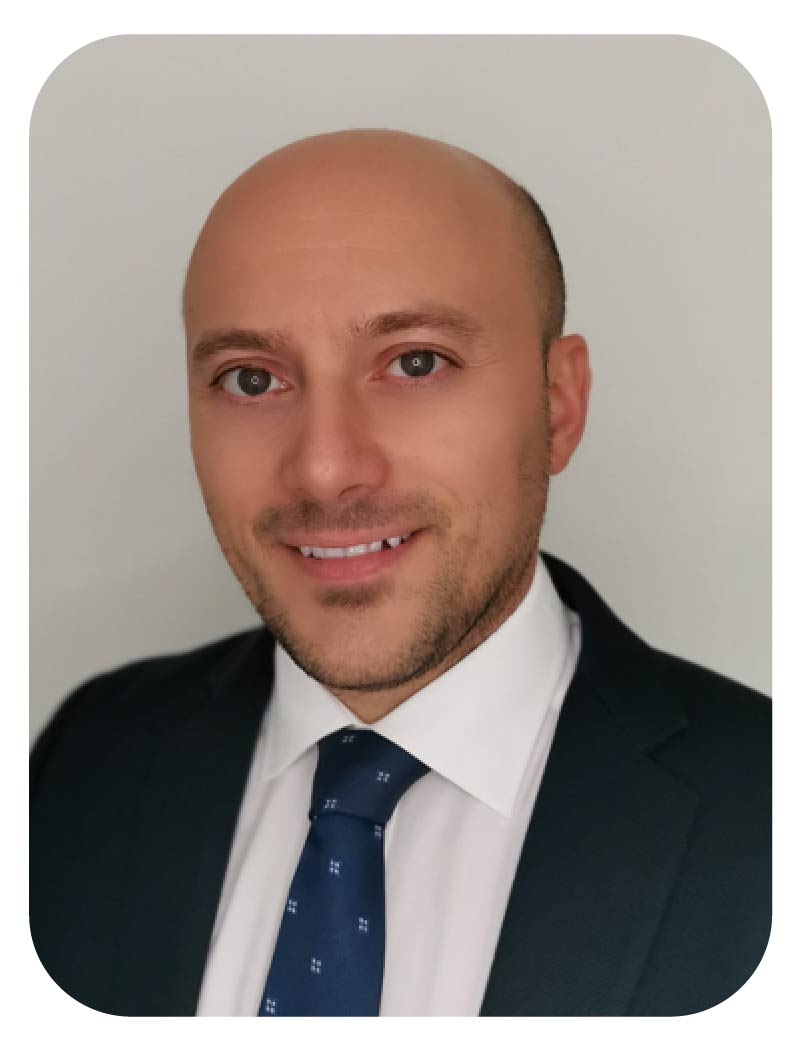
Federico Di Gennaro
Federico Di Gennaro
Federico Di Gennaro is currently Head of Strategic Projects and responsible for the Business Development activities of AISCAT Servizi, the “engineering branch” of AISCAT (Italian Association of Toll Motorways and Tunnels Operators).
He has more than 10 years of consulting experience, with over 5 years of experience with AISCAT. His main duties are related to the Identification, Development and Management of Research & Development & Innovation opportunities across the following main areas: Mobility & Infrastructures, ICT & Tolling System, Climate Change and Disaster Risk Reduction, Artificial Intelligence and Asset management. He is also responsible for the management of strategic European R&D projects, funded by Horizon 2020 programme, and IFI’s opportunities mainly in the Western Balkans area. He holds a Master Degree in Road Infrastructure Engineering, with a prize awarded thesis on Road Safety and Driving simulation.
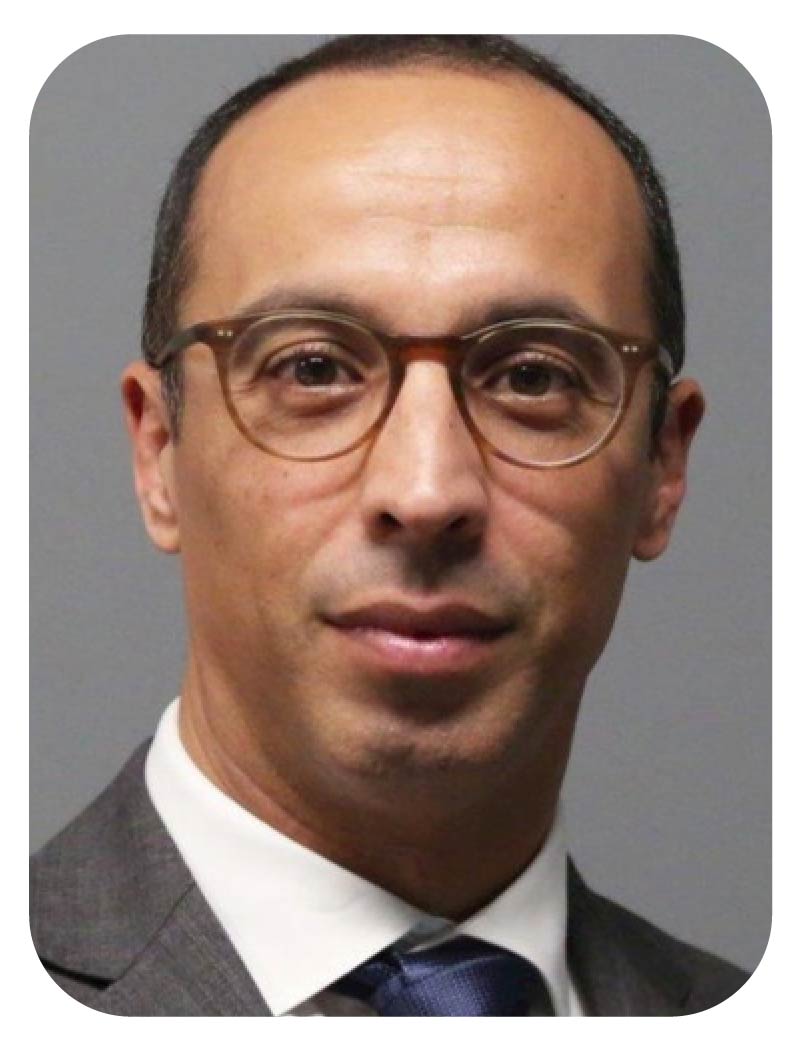
Rui Coutinho
Rui Coutinho
Director of Asset Management – Infraestruturas de Portugal
Rui Coutinho has large experience working in railways for 20 years and also in roads for the last 6 years. Rui is Director of Asset Management in Infraestruturas de Portugal – the Portuguese road and rail infrastructure manager and, before that, he was the Director of Maintenance in REFER. He has started his career as a civil engineer designing buildings.
Rui received his graduation from Instituto Superior Técnico and has executive masters in business and administration from INDEG Business School and NOVA Business School.
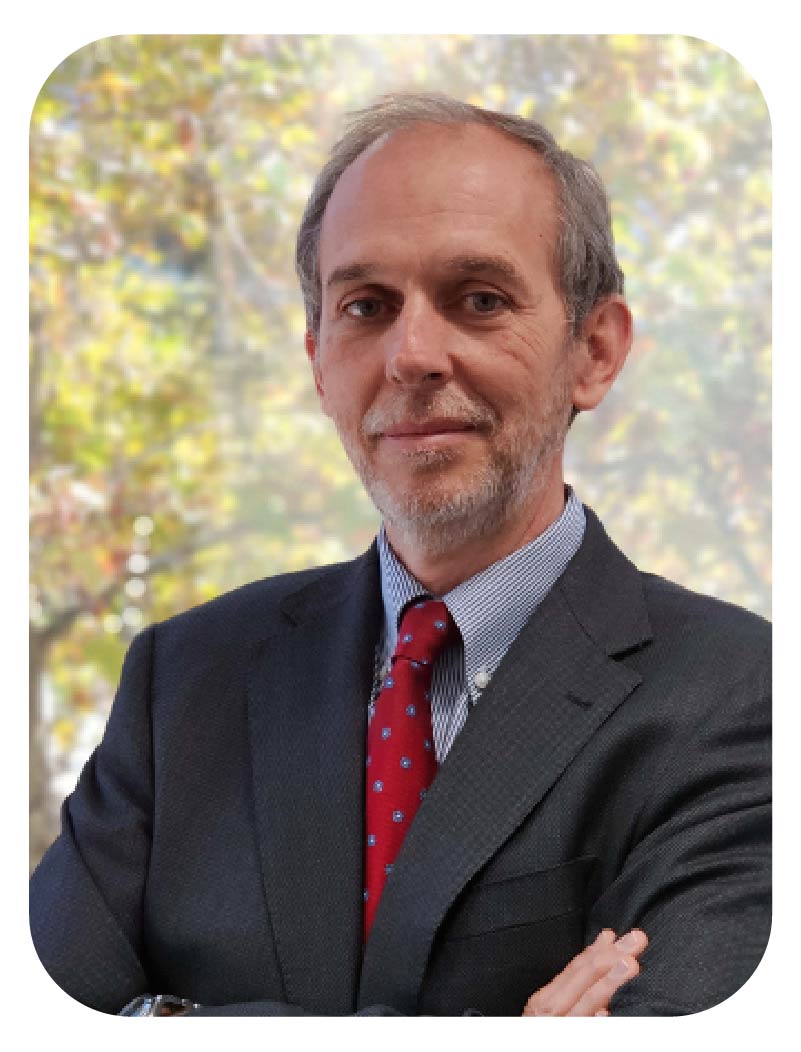
Cristóbal Martínez Álvaro
Cristóbal Martínez Álvaro
(Technical Solutions Director at Cintra Servicios de Infraestructura, S.A.)
Cristóbal Martínez Álvaro holds a MSc in Civil Engineering (1988) from the Universidad Politécnica of Madrid (Spain) and a PhD in Management (2004) from the IESE Business School (Universidad de Navarra; Spain). He has over 30 years experience in construction and transportation engineering focused on toll highway design and operation.
Since 1996 he has worked with Ferrovial and after Cintra creation in 1999 he has been responsible for Cintra Technical Office for existing and new projects pursued by the company worldwide under PPP schemes. Its Corporate Department is also responsible for QA & QC, Sustainability and Corporate IT developments in Cintra.
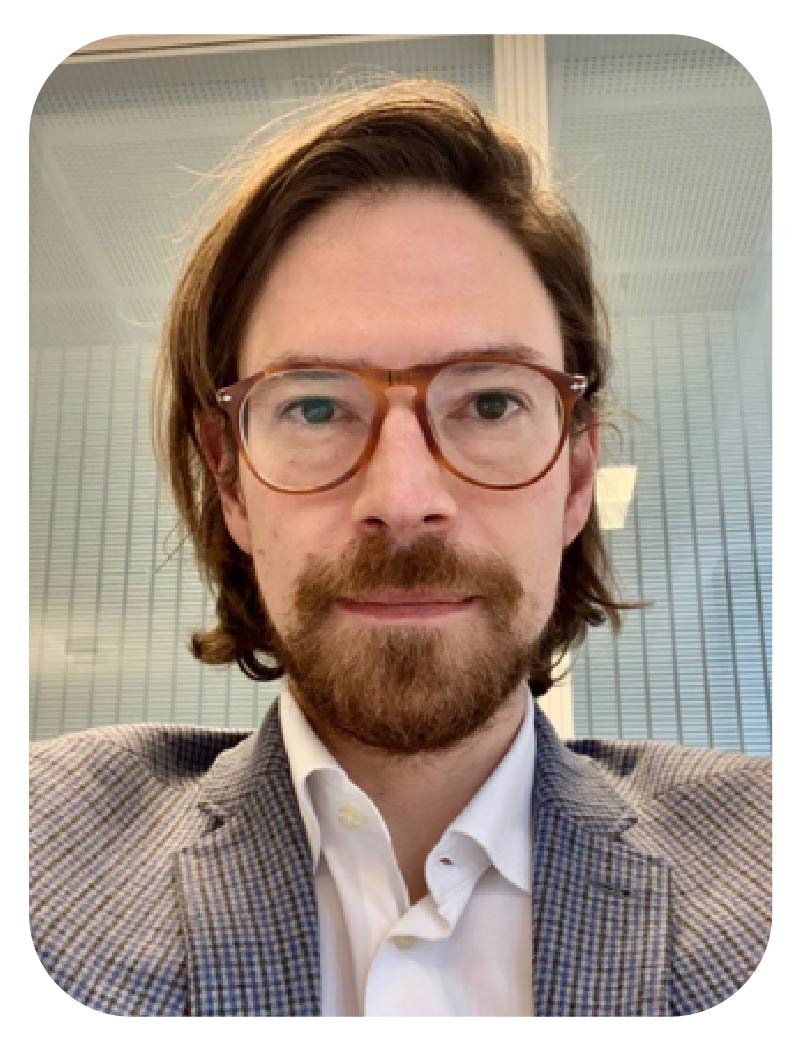
Fabrizio Federici
Mr Fabrizio Federici
Electronic Engineer with a master’s degree in Antitrust and Regulation of Transport, Energy and Telecommunication Markets. He has been working for the transport and environmental logistic sector for several years, gathering valuable and professional experience in the technical and managerial aspects of the industrial production and the logistic transportation.
Project Manager of several National contracts of the Environmental sector, he worked then for the public sector of Transport Regulatory Authority in 2016 and gained experience in the access to road and rail infrastructure field, the National and European market regulations, the new regulatory models for concessions planning, the intermodal transport optimization and the analysis of traffic patterns.
Mr Federici joined Aiscat Servizi as Technical Engineer at the National and International Division in 2017 supporting the Italian highway concessionaires by improving the management and operation policies of transport infrastructure, applying the accreditation of new Service Providers for the EU electronic toll service (Directive 2019/520/EU), implementing the NIS Directive (2016/1148/EU) and supporting several regulation issues with the Italy Ministry (application of NATO Civilian/Military Dual Use, development of the Italy cybersecurity guideline for NIS verification, etc..). He works for EU projects (Horizon 2020 project’s FORESEE and RAGTIME) about the increase of the resilience of transport infrastructure and extra-EU projects in the field of asset management and road safety.
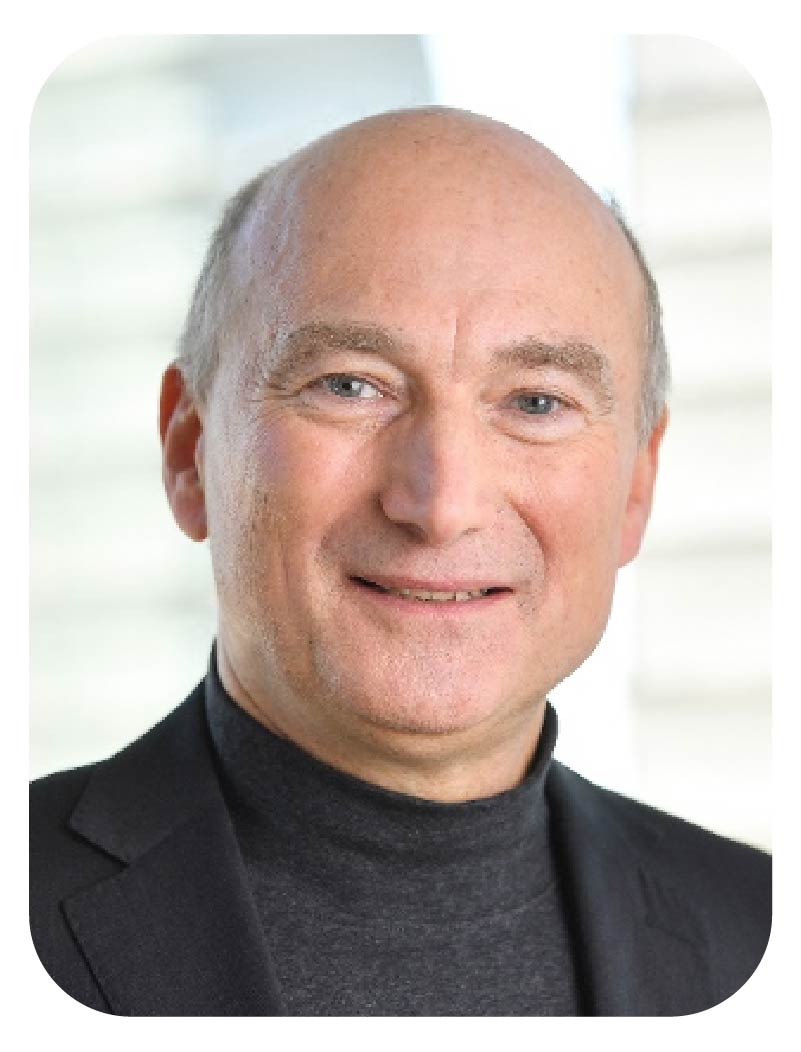
Dr. Michael Below
Dr. Michael Below
Senior Expert and Key Account Nature Conservation
Deutsche Bahn AG – DB Sustainability and Environment, Strategy Department
Michael Below is an agricultural engineer specialising in horticulture and did his doctorate in geography on particle-bound air pollutants in the Arctic. He has more than 20 years of experience in the fields of nature and water conservation as well as environmental planning from the perspective of a railway company. Since 2017 he has also worked intensively on the challenges of climate change for Deutsche Bahn and, in cooperation with the Potsdam Institute for Climate Impact Research, has created an important basis for a climate resilience strategy for DB. With the move to the Strategy Department, he has been entrusted with the task of developing a climate resilience strategy for Deutsche Bahn. The focus here is not only on infrastructure, but also on the modes of passenger and freight transport.
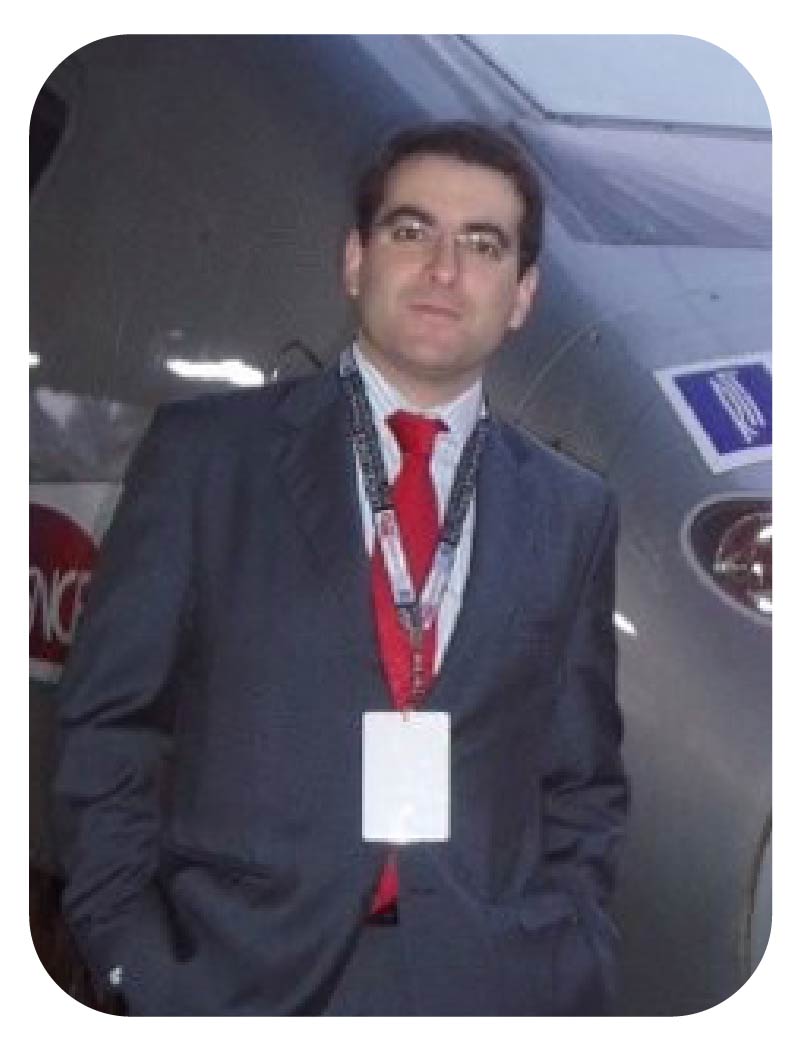
José Conrado
José Conrado Martínez
Deputy director for Strategic Innovation – ADIF
José Conrado Martínez works as deputy director for strategic innovation in the Railway Infrastructure Administrator (Adif), a state company attached to the Ministry of Transport, Mobility and Urban Agenda (MITMA) of Spain. He has been working for ADIF for more than 20 years and he holds experience in the public railway sector, holding various positions in construction, operations, and technological development activities of the Spanish high-speed and conventional railway networks
José Conrado Martínez is an Industrial Engineer and holds Masters in Specialization in Railway Technologies and in Construction and Maintenance of Railway Infrastructures.
In the academic field, he works as Professor in the railways master’s degrees at the Pontifical University of Comillas (ICAI), the University of Cantabria as well as he is director of the railways master’s degree at TECH Universidad Tecnológica.
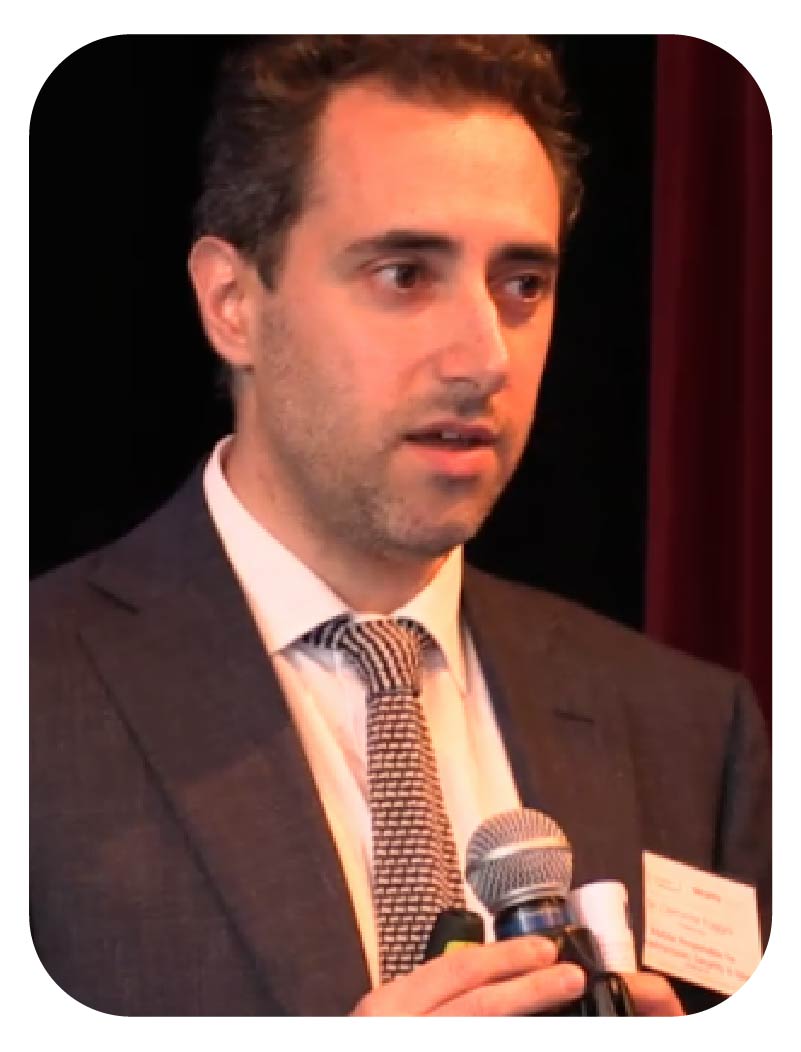
Clemente Fuggini
Mr. Clemente Fuggini
Mr. Clemente Fuggini (MSc, PhD, Professional Engineer, PRINCE2® Foundation Certified)
Civil engineering with +15 years’ proven experience in risk engineering, disaster risk reduction, vulnerability and resilience of buildings and infrastructures.
In the last ten years, he has been involved in several International research & innovation projects, acting as project partner in +150M€ funding projects and managing as Project Coordinator +20 M€ funding.
Mr. Fuggini is currently Head of Research and Innovation for the Infrastructure Business Unit of RINA. As such he oversees all R&D&I activities of the Business Unit with emphasis to Transport Infrastructure, Risk and Resilience Engineering, topics on which he has acted as R&D Programme Manager for RINA in the past years.
Among the others, he has been the Innovation Manager of the H2020 security project EU-CIRCLE (Critical Infrastructure resilience to climate change) and the Business Innovation Manager of the H2020 transport project RAGTIME (Transport infrastructure risk-based asset management). Currently he is the Coordinator of the H2020 Critical Infrastructure project SecureGas (Security and Resilience of the EU Gas Critical Infrastructure) and RINA Project Manager in the H2020 Critical Infrastructure projects INFRASTRESS (Security and Resilience of Sensitive Industrial Sites and Plants) and FORESEE (Resilience of Transport Infrastructure against extreme events).
Mr. Fuggini acting as Coordinator of the Infrastructure & Mobility Committee of the European Construction Technology Platform (ECTP). In addition he has been contributed to several strategic EU publications, including Strategies for Climate Change Adaptation (CCA) and Disaster Risk Reduction (DRR) in Europe (issued by the European Environmental Agency). Finally, Mr. Fuggini is author of +70 papers published in peer-reviewed journals, books and conference proceedings.
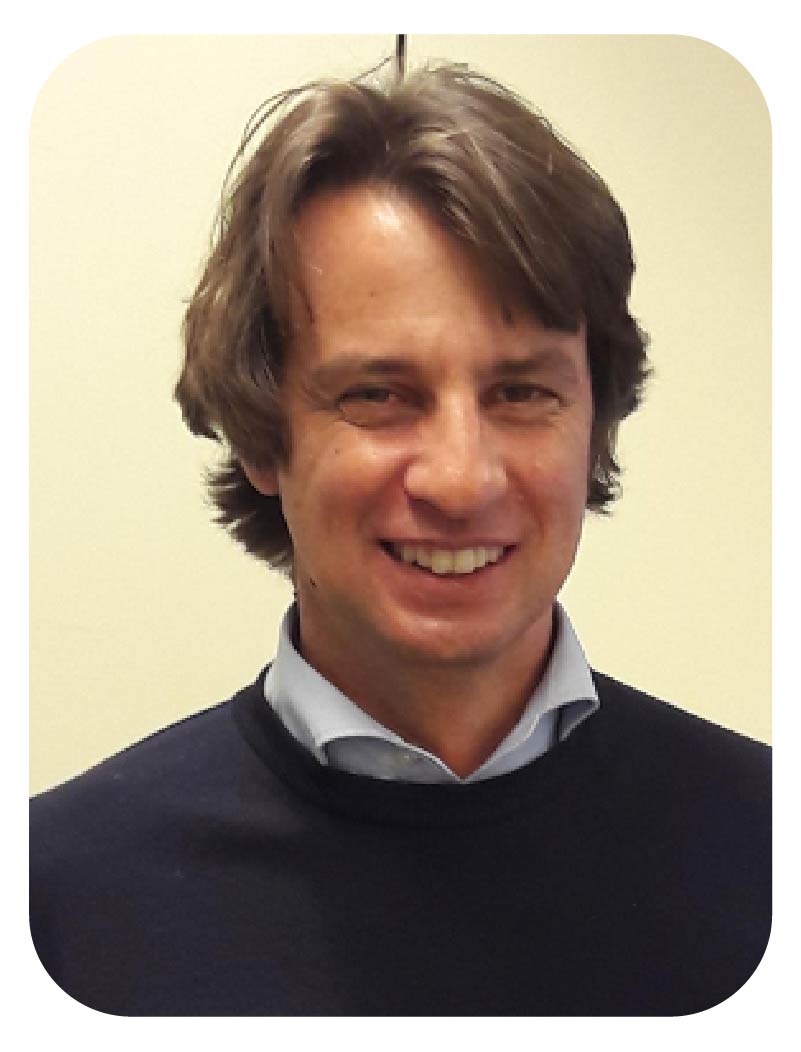
Ing. Paolo Anfosso
Ing. Paolo Anfosso
Ing. Paolo Anfosso graduated in Civil Engineering at the University of Rome “La Sapienza” (2000) and MSC in Civil Engineering (2013) (Master in Service Operation Management) at the Elis (HR) and Politecnico of Milan.
Ing. Paolo Anfosso has experiences in the consultancy field, at national and international level in the coordination of Design of Road and Railway Infrastructures, Buildings and other civil structures in projects of national and international relevance.
He joined Autostrade per l’Italia in 2009 and he is currently responsible for “Structures and other assets” within the Department for Maintenance; he is actually in charge of supervision, definition of technical and quality standards and reference manuals for surveillance and maintenance activities of the different assets of the infrastructures such as bridges, tunnels, safety and noise barriers.

Ing. Livia Pardi
Ing. Livia Pardi
After graduating in Civil Engineering at the at the University of Rome “La Sapienza”, Ing. Livia Pardi worked at the EPFL-Ecole Polytechnique de Lausanne (Switzerland) before joining Autostrade per l’Italia. She is actually sharing her time between Autostrade per l’Italia and its subsiadiary Autostrade Tech.
She has mainly worked in the field of Research and Development, participating with different level of involvement and responsibility in more than 20 European and Italian funded projects related to asset management, surveillance and monitoring, risk assessment.
She is involved in the ECTP – European Technology Platform on Construction.
She is author of more than 80 papers presented in journals and conferences
Presentations & Videos
Policy and Regulatory framework:
transport resilience to extreme nature and human-made events
FORESEE Results
UNECE Group of Experts on Assessment of Climate Change Impacts and Adaptation for Inland Transport
Lukasz Wyrowski – United Nations Economic Commission for Europe
New EU Mission on Climate Adaptation
Johannes Klumpers – EU Mission on Adaptation to Climate Change (European Commission)
Vision from EC (DG MOVE) – Towards more resilient transport infrastructure
Rafal Stanecki – European Commission
PIARC’s Approach Towards a more resilient transport infrastructure
Miguel Caso – World Road Association
EU Agency for Railways – Cybersecurity
Thomas Chatelet – European Union Agency for Railways
Promoting Research and Innovation:
contribution of the FORESEE EU Project to the state-of-the-art
Introduction: objectives, scope and impact
Iñaki Beltrán, Tecnalia
Indicators and targets to improve the answer against extreme events: setting, cost-benefit analysis, management and monitoring
Bryan Adey, ETH Zurich
New CEN Workshop Agreement “Guidelines for the assessment of resilience of transport infrastructure to potentially disruptive events”
Aitor Aragón, UNE
How to make operational Resilience in Transport Infrastructure: the FORESEE Toolkit
Clemente Fuggini, RINA
Improvements in risk assessment tools
Erlinda Biescas, Telespazio and David García, Tecnalia
Slope stabilization protection systems and improved permeable asphalt pavements
Laura Castañón and Pedro Lastra, Univ Cantabria
Traffic management during extreme events and decision support system
Saimir, Osmani, RINA
Integration of resilience in transport infrastructure life-cycle
Concepción Toribio, CEMOSA
New algorithms to reduce risks prior to disruptive events and plan optimal restoration interventions afterwards
Saviz Moghtadernejad and Bryan Adey, ETH
Governance to improve public procurement processes
David García, Tecnalia
Validation of the FORESEE methodology in road and railways
Federico Di Gennaro and Fabrizio Federici, AISCAT
